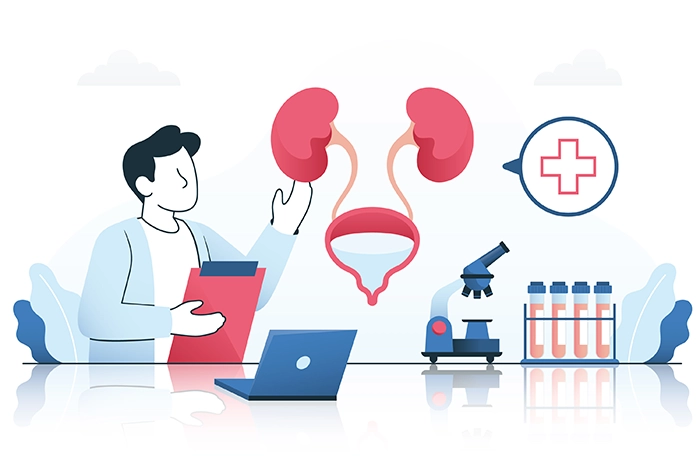List of All Services Offered By Prime Medic
List of All Services Offered By Prime Medic
List of All Services Offered By Prime Medic
List of All Services Offered By Prime Medic
List of All Services Offered By Prime Medic
List of All Services Offered By Prime Medic


Urinary Tract Infections (UTIs) are uncomfortable and unfortunately, a recurring issue for some individuals. These infections occur when bacteria, typically from the gastrointestinal tract, enter the urinary system and multiply. While UTIs are common, recurrent infections can significantly impact one's quality of life. In this article, we will delve into what UTIs are, why some individuals are more prone to recurrent infections, and discuss effective strategies for preventing recurrent UTIs, including lifestyle changes, dietary habits, and medical interventions. For those seeking guidance, an online GP consultation can be a valuable resource in managing and preventing recurrent UTIs.
A UTI is an infection that can affect any part of the urinary system, including the bladder, urethra, ureters, and kidneys. The most common UTIs occur in the lower urinary tract, which includes the bladder and urethra. UTIs are typically caused by Escherichia coli (E. coli) bacteria, which are naturally present in the gastrointestinal tract. However, when they enter the urinary tract, they can lead to infection.
Recurrent UTIs, defined as having two or more infections within six months or three or more infections within a year, can be attributed to various factors. Some individuals are more susceptible to these infections due to factors such as:
Preventing recurrent UTIs requires a multifaceted approach, which can include lifestyle changes, dietary habits, and healthcare professionale guidelines. Here are some effective strategies:
In cases where a recurrent UTI becomes severe and requires time off work, an online GP consultation can be useful as the doctor will speak to you about your symptoms and the possible treatments from the comfort of your sofa. If you are in a lot of pain or discomfort and need some time off, these doctors can also provide a medical certificate online. Often this certificate is required by employers if you need to take paid leave.
Recurrent UTIs can be a challenging and uncomfortable issue, but with the right strategies and guidance, they can be managed and, in many cases, prevented. Lifestyle changes, dietary habits, and, when necessary, medical interventions can make a significant difference in long-term health and quality of life. Remember that seeking advice from a healthcare professional through an online GP consultation is a valuable step in creating an individualised plan to prevent recurrent UTIs and maintain your well-being.
